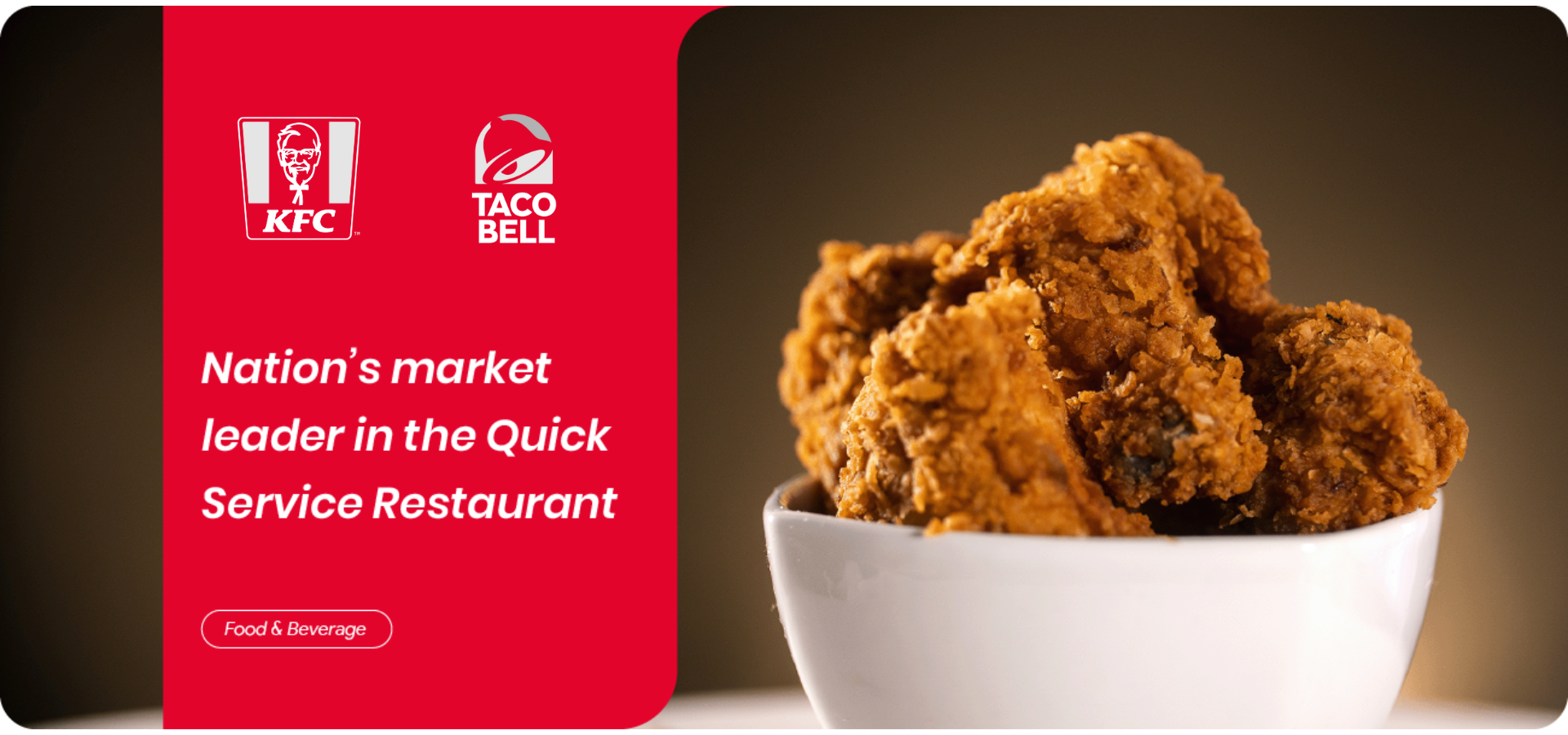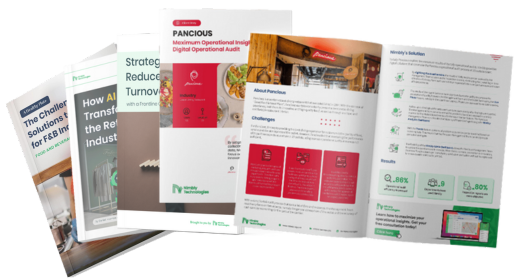

The restaurant industry is highly competitive, and restaurant owners are constantly looking for ways to improve their bottom line. One way to do this is to reduce and prevent loss. Restaurant loss can come in many forms, including food waste, theft, admin errors, and employee fraud. By implementing effective loss prevention strategies, restaurant owners like you can save money and improve profitability.
Food waste is one of the biggest expenses for restaurants. According to the National Restaurant Association, restaurants in the United States waste over $161 billion worth of food each year. We all know that food and beverages are perishable, and some perish much faster than others. If the ingredients aren’t used by their best-before dates, they will have to be disposed of. There are a number of things that restaurant owners can do to reduce food waste, such as:
Theft is another major source of loss for restaurants. Restaurant theft can be committed by employees, customers, or even suppliers. Some forms of theft can look like taking food home or giving complimentary meals without authorization. In fact, over 75% of all inventory shrinkage happens as a result of theft.
Here are some loss prevention initiatives you can take to prevent theft:
Employee fraud can take many forms, including time theft, expense padding, as well as embezzlement. There are cases where employees switch out ingredients the restaurant sources with a cheaper alternative, lowering the quality of the food served. Another case involves claiming that an item is sold out, but in reality, employees steal it and sell it to pocket the money for themselves. These things might be hard to manage, but here are a few initiatives that you can implement to prevent employee fraud:

Food and beverages move fast in this industry, so it’s crucial for you to track what’s coming in and out. By tracking your inventory, you are able to reduce food waste, ensure that your restaurant has the ingredients to meet your customer’s demands, control your costs, and to plan ahead for better ordering and purchasing. Here are some initiatives you can do to improve your inventory tracking:
Make sure that you’re not pricing your items too high or too low. Strategies to improve ordering, waste reduction, employee theft, and product turnover timelines are needed to prevent over-production and over-ordering, reduce food waste, prevent theft, and to also keep your customers satisfied. For example, if you price your prices too high, your customers may be less likely to try certain dishes, which can lead to food waste.
Here are some things you can do to ensure your pricing strategy is on point:
It would also be wise for you to conduct market research or a competitor analysis to ensure that your prices are just right. You can utilize digital checklists to find out how your competitors are pricing their items, and use that data to plan for new/current menu items
As a business owner, it’s critical that you invest in things that will ensure the safety of your customers, employees, and your business. Accidents and emergencies can creep up on you at any time without warning, so implementing safety and security measures is crucial. Additionally, investing in security can also help improve your customer experience, increase employee morale, and reduce insurance costs.
This can include:
Having new initiatives to prevent loss is great, but don’t forget to communicate these new strategies and policies to your employees. Make sure that your staff is well aware of the rules and repercussions involved. Although it may appear apparent, most staff fraud is motivated by opportunism or the hope that they won't be discovered or face consequences. Here are a few examples to ensure that your message is delivered to your employees:
Moreover, you can utilize technology for communication. You can put all of your training materials into a single cloud, where your employees can have access to it anywhere they might be. The Learning Management System (LMS) does just that - it can help your employees retain your policies better, and it allows you to deliver important messages and training material to your staff.

Kill two birds with one stone by using promotions to your advantage - reduce your food waste and increase your sales by using extra ingredients you might have to create something new. By offering promotions on items that are overstocked or close to their expiration date, you can sell them before they go to waste.
Additionally, promotions can make it more difficult for employees to engage in theft or fraud. By closely monitoring discounts and promotions, it can be harder for them to manipulate sales or steal food without detection. Here are some other benefits of implementing promotions:
To ensure your promotions run smoothly and effectively, make sure to use some sort of a tracking system where you can deliver your promotions easily and effectively to all of your employees in all of your stores, and enable you to monitor whether they have already implemented your promotions material correctly in the stores.
Keeping a close eye on trends can also help with loss prevention. Being aware of what’s popping up can help you prepare a plan on what to order, and what not to order. This can help you prevent over-stocking or over-ordering since you will have an idea of what your customers might want from you.
Training your employees can help to significantly reduce food waste, theft, and errors, making it easier for you to prevent restaurant loss. Having a comprehensive and intuitive system that can be accessed anywhere has benefits for both the employees and a business owner like yourself.
From a food waste perspective, having training materials that cover how they should handle and store food in a safe and hygienic manner will definitely help in reducing the amount of food waste a restaurant may generate. Second, from a theft perspective, having training material that covers when complimentary meals or services are to be provided, or even a lesson about responsibility and accountability will help reduce the chances of theft. Third, from an admin perspective, having training material that offers an extensive how-to guide on ordering from vendors, and tracking items that go in and out, could be useful to prevent errors.
Nimbly offers a solution for that - the Learning Management System. With this system, businesses like yours can simplify their training processes by uploading their own training materials, quizzes, and assessments that can be accessed easily by all employees no matter where they are. Its intuitive interface allows employees to retain information quicker, and employers to track how well their employees understand the material. Additionally, having an LMS instills a sense of accountability and responsibility in all employees, from management to front-line employees, as they know the magnitude.
Standard Operating Procedures (SOPs) are essential for F&B businesses, as they provide clear-cut directions and detailed instructions necessary to perform specific tasks consistently and efficiently. In this case, having SOPs to reduce theft, manage inventory, and handle food items would definitely help restaurant businesses reduce shrinkage.
The Digital Routines platform allows you, a business owner to ensure your employees are following and complying with your SOPs. By automating daily routines, employees can stay focused on following procedures to prevent spoilage, theft, and admin errors. This will not only redirect their focus, it will also save time and resources for your business - you wouldn’t have to waste money on paper.
